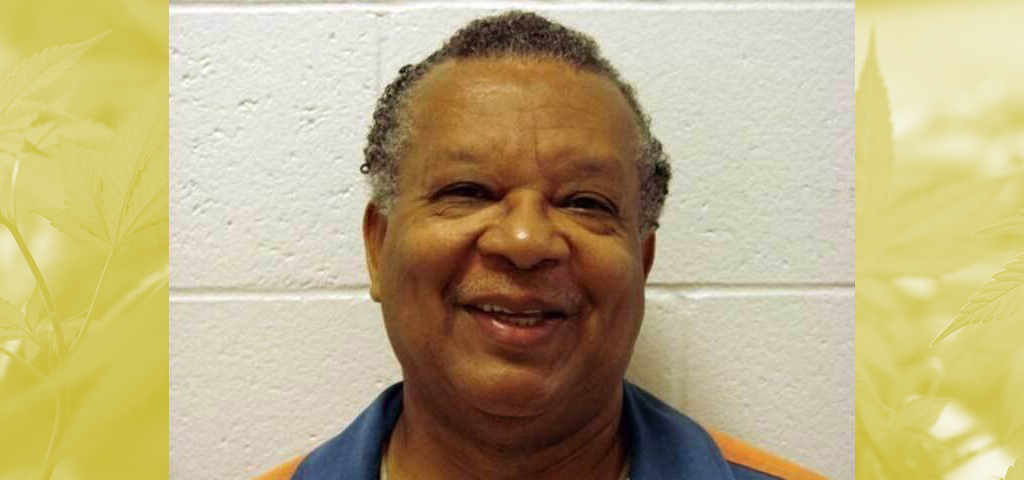Michigan Gov. Gretchen Whitmer (D) on Tuesday commuted the sentence of Michael Thompson, who in 1996 was sentenced to 60 years in prison for firearms possession by a felon and drug sales after selling three pounds of cannabis to an undercover police officer, the Detroit Metro Times reports. Thompson had served 22 years of the sentence that would have kept him in prison until at least 2038.
Whitmer also commuted the sentence of Lawrence Cadroy, who was sentenced in 1999 to two life terms in prison for possessing more than 650 grams of cocaine and conspiracy to possess with intent to deliver, the Detroit Free Press reports, citing Michigan Department of Corrections records. Cadroy has served 21 years with an earliest release date of 2030.
Lorenzo Garrett’s 29- to 170-year sentence was also commuted by the governor. Garrett was convicted in 1999 of delivery and manufacture of cocaine, according to MDOC documents outlined by the Free Press. He has served 22 years in prison, and his earliest release date was 2027.
The governor also commuted the sentence of Larry McGhee Jr. who was condemned to 20 to 30 years in 2004 for delivery and manufacture of 650 grams or more of cocaine, according to MDOC records cited by the Free Press.
“These commutations offer a second chance to four individuals who have accepted responsibility and paid their debts to society and whose sentences span decades for non-violent offenses. We still have a lot of work to do, but today is a step in the right direction, and I’m confident that Michigan can continue to be a national leader in smart justice.” – Whitmer in a statement via the Metro Times
In October, Whitmer – a former prosecutor – signed a bill to expunge criminal records for convictions that would now be legal under the state’s 2016 cannabis legalization initiative. The reform package was supported by both Democrat and Republican lawmakers.
Thompson, 69, had a parole hearing in November and his release was supported by the state attorney general, local prosecutors, politicians, and more than 125,000 people who signed a petition calling for his release. He had been hospitalized with COVID-19 in August.
Chris Gautz, a spokesman for the MDOC, told the Free Press that he expected those individuals affected by the governor’s action would leave state custody “either in late January or early February.”
The commutations will not erase the convictions.
Get daily cannabis business news updates. Subscribe
End
